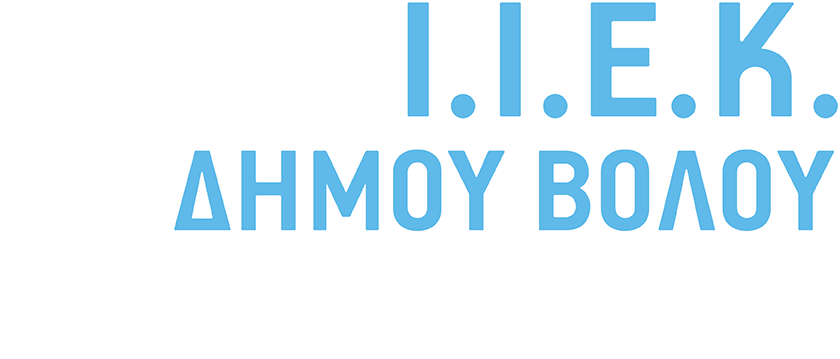New Erasmus+ mobility at Rome, for students and staff of I.I.E.K Volos Municipality, KEKPA - DIEK
The new Erasmus+ mobility which wasimplemented by IIEK Volos Municipality at the ‘Italian Hospitality School’ (IHS) in Rome, for 16 days, as part of the Accredited Erasmus+ project `New technologies in Vocational Education and Training`, was successfully completed. A group of 9 students from Tourism, Cooking, Baking and Pastry departments and the Trainers E. Tassios and M. Kaza (job shadowing) participated in the mobility.
The courses attended by the Students had to do mainly with digital age’s data in Italy and their application in tourism sector, a very developed sector in the Eternal City! During ‘hospitality management’, was made a presentation of the tourism industry - hospitality industry - in Rome and in whole Italy, with an emphasis on the interconnection of the art of hospitality with emotions, gastronomy and culture (museums & art). Hospitality was also connected with transportation and was analyzed their interaction. The digitalisation, (hospitality digitalisation, Insights on technologies, but also for current and upcoming opportunities in Italy in the tourism sector), the on-line jobs application, digital currency & bitcoin as well as online pages such as booking e tourism were analyzed in detail while the swot analysis process was also presented, a tool that helps to create new businesses. The team of Chefs and Bakers - Pastry Chefs, after taking a lesson on the nutritional value and the combination of primary ingredients, enjoyed a `journey` to Italian traditional cuisine & gastronomy!
Among other things, they learned that each of the 20 regions of the Italian peninsula had a different dialect and cuisine. Northerners used butter, meat and beer, while southerners used olive oil, fish and wine. With the Union in 1861, the common traditional cuisine of Italy was created. Food that looked like pizza was found on wall paintings in Pompeii which reinforces the view that its origin is Naples. Pasta appeared after the Arabs entered Sicily while tiramisu was born in the 17th century along with torrone and zuppe del duka. Carbonara and pesto sauce were first made in the 19th century and Margarita pizza in 1889. In 1634 the first Italian cookery guide was published.
Great experience was the Master classes for the creation of pasta fresca, appetizers and tiramisù implemented at the IHS Partner, “Pastificio Faini”. At the beginning the Students made pasta dough and filling from spinach, ricotta and parmesan. Then they learned how to cut tagliatelle, ravioli and tortellini. The techniques they learned to create pasta with cocoa as well as caccio e pepe pasta were original ! The experience was completed with meals where was tasted everything they created with the tiramisù taking shape before their eyes.
The Trainer M. Tasios received a lot of interesting information about the nutritional rules of Italy, during the job shadowing he carried out at the bakery and confectionery company PANELLA, while both Trainers were informed about the way the IHS school operates, their study guide and connection between students and labor market.
An important part of the European projects is the contact with the culture, language and customs of the host country. The visit to the central Testaccio market in Rome, the Vatican City, the Ancient Agora, the Colosseum, the seaside and highly touristic area of Ostia, the zoo and all kinds of historical monuments and landmarks of tourist interest broadened the participants horizons !
During the farewell party prepared by the officials of the Italian School and Coordinator Neno Gabelia, the Participants were given their Attendance Certificates as well as their Europasses. The Students made a presentation of the IIEK Volos Municipality as well as about the experience they received all these days.
The President of KEKPA-DIEK, Mrs. Sofia Halari, pointed out, one of the main goals of I.I.E.K Volos Municipality is to strengthen the extroversion of students, a fact that is achieved by promoting European actions. Actions similar the motto of Erasmus+ which "opens roads changes lives",that contribute to the more complete education and training of students of all specialties and make easier their entry into the labor market.





































































